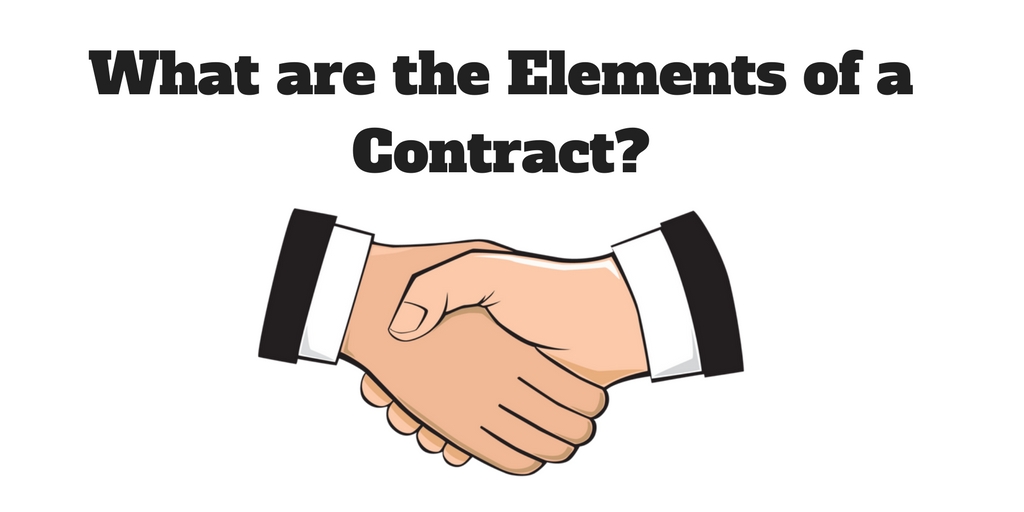By: Ranja Bose, KSG Contributor
Before starting your own business venture, what are the potential issues that you may need to consider? Our law firm works with entrepreneurial clients every day to get them started, and to allow them to maintain and flourish their business in today’s fast-paced world. Whether your business will be for profit, non-profit, service-oriented, or something entirely unique, there are a few things that you will need to consider.
a. Your product should solve a problem, partially or wholly.
A new business should offer something unique to the marketplace, ideally a product or a service which offers a solution to an existing problem, or which makes life easier for its users. Firstly, make sure that the problem being “solved” needs solving. For example, many users were disappointed with Apple’s removal of the headphone jack, lamenting that the presence of the headphone jack was not an issue that needed solving in the first place. A way to do this would be to reverse engineer the issue at hand; identify a problem, and then think of a unique product or service that would solve that issue.
After doing the basic market research for existing products, you need to evaluate your target audience. Who are they, what is their purchasing power like, are they distributed uniformly geographically? Surveys, questionnaires, and networking come in handy during this step. The results found with these can be used to create fictional user personas to test the product or service on. This step requires a lot of manpower and research and will let you know if the product or service is needed. Some startups hire external agencies to do this, then develop their good in accordance with the findings.
b. Protect your IP.
Your market research should make sure that your product is not infringing on anyone else’s intellectual property. Remember, two different products may solve the same problem, but may not do so in the exact same way. Conversely, your product must also be protected from infringement. This can be done through contacting an attorney to assist you with the process of obtaining registration of your patent, copyright, or trademark, or possibly more than one of these. What type(s) of protection your product requires will depend on the product itself and the circumstances surrounding the creation and marketing of the product. A prudent step after obtaining IP protection may be to speak with your attorney regarding transferring the ownership of the IP to your company or business entity, if you have one. This may help to shield the individual creator from certain liabilities, and to shift certain legal obligations to the entity. You may also obtain business license and tax permits at this time.
c. Solidify your brand and secure it.
Solidifying your brand may include assigning an identity to your product. People need to relate to what a company offers. The brand will differ from company to company, and depends on the industry. Solidifying your brand may also include creating and securing incidental IP like websites, any supplementary products, marketing methods, as well as having a pitch ready. These pitches, or descriptors, should be short. This ensures that you do not lose your investor’s attention, while demonstrating that you are providing the best possible product for that particular problem. You should conduct extensive research on and be well-versed in the issue, enough so that you can call yourself a subject matter expert. This will encourage others to value your opinions and ideas and thus help reinforce your brand.
d. Define your company.
You have your product and you know what it does. Now might be the time to formalize the company, i.e., the entity that will have ownership of the product. Choosing the name would be the natural first step. You will then have to register your company as a particular type of organization. This can be done by contacting an attorney to help you register the company as a corporation, limited liability company (LLC), non-profit, sole proprietorship, or limited or general partnership. The way in which you register your company will affect its structuring and tax liability. You also need to choose which state you want your company incorporated, organized, or domiciled in. This step should include consultation with tax and financial professionals, and once the company is formed, will also include obtaining a federal EIN (Employment Identification Number) from the IRS.
e. Pick a team.
Now that you have protected your product and company, it is time to pick a team. This team may consist of many people, or only one other person, but you should make sure they each have a separate skill set from you. Investors are more confident in a company that has diversity of thought and know that the team members will keep each other in check.
f. Raise capital.
This “step” is usually not just a step, but an ongoing process which should be done simultaneously with the steps above, after your IP has been secured. Often times, startups do not have the money to hire people without some seed capital. Thus, you need to know a basic pitch of your product as soon as you have secured your IP. Most of the networking required to raise capital is often done while you are solidifying your brand and creating your company. By the time you reach this step of raising capital for your product, you should preferably have moved your product through your local investment circles.
g. Make a business plan.
For your product to be successful, you need to market it to the right people. Business plans may differ by company and industry. This also helps keep track of the finances, turnovers, and making plans for subsequent growth.
h. Pick a workplace.
Once you have accumulated enough capital that your company can afford a place, get a sufficient workplace, and be sure to set policies and procedures for your expenses, hiring practices, future possible employees, etc.
The process of starting a new business may seem complex at times, but it can be incredibly rewarding, both personally and professionally. Contact Kloss Stenger & Gormley LLP today at 716-853-1111 for more information, and for help navigating these important legal issues.

